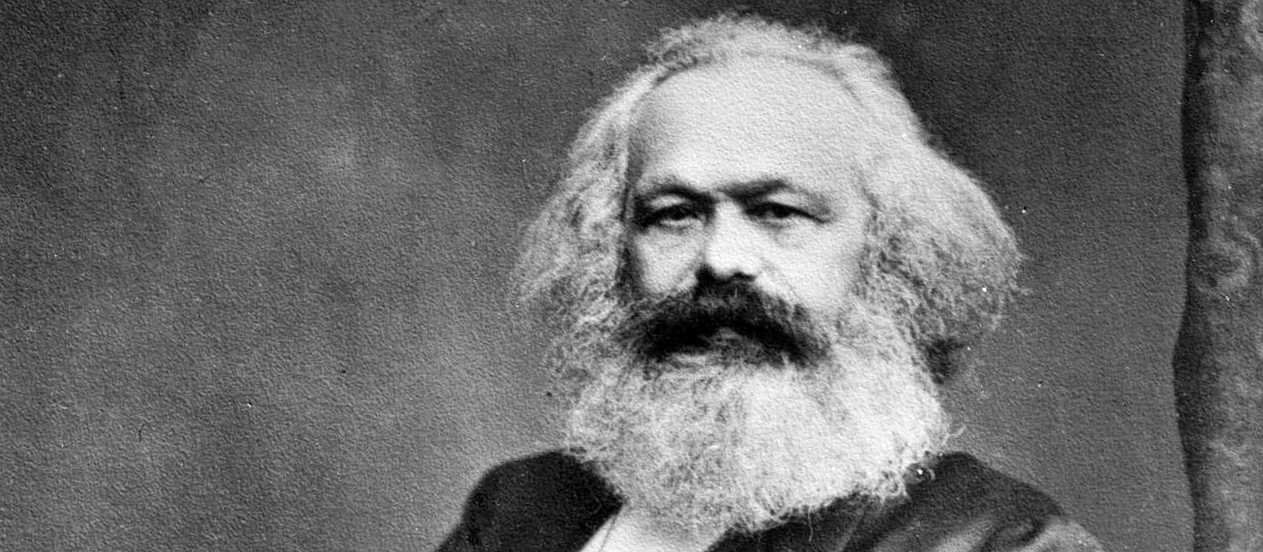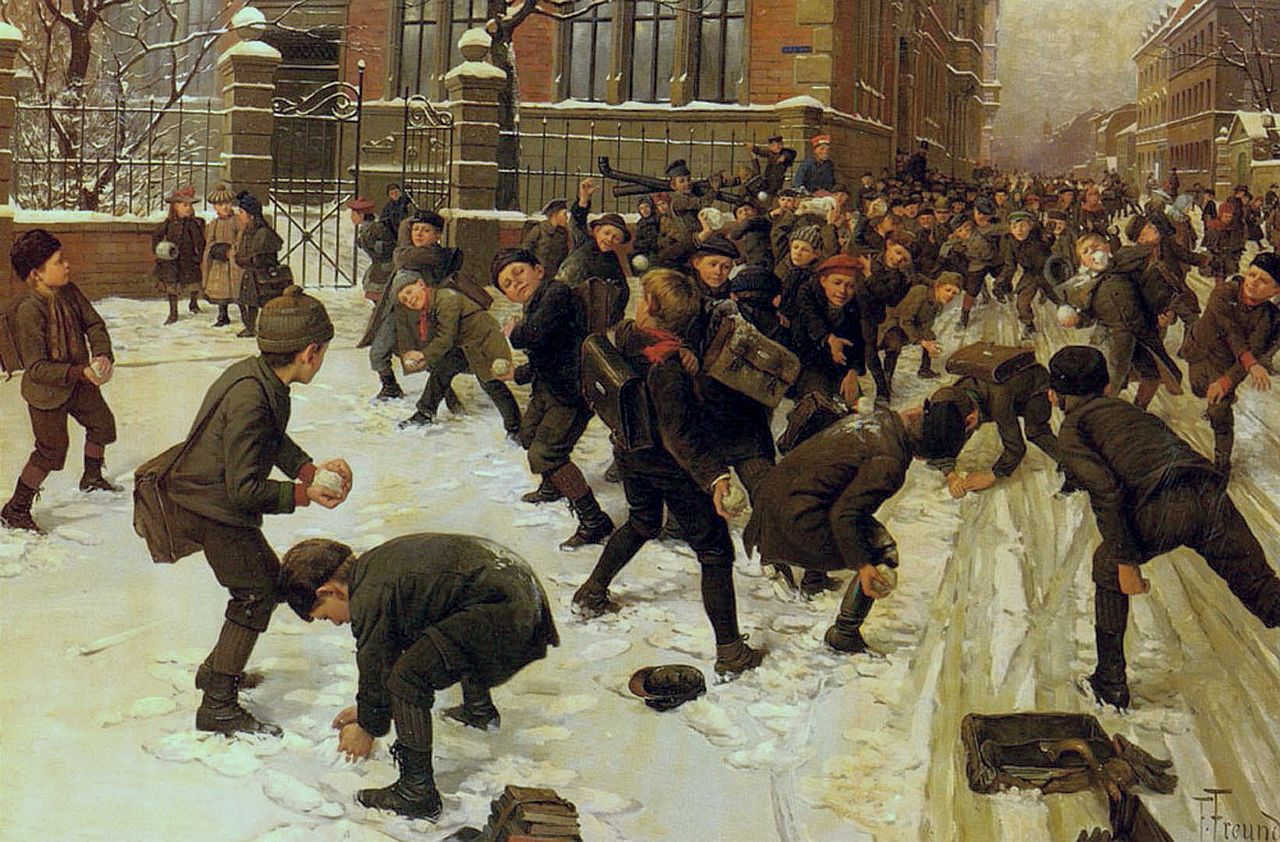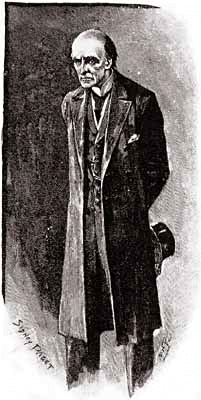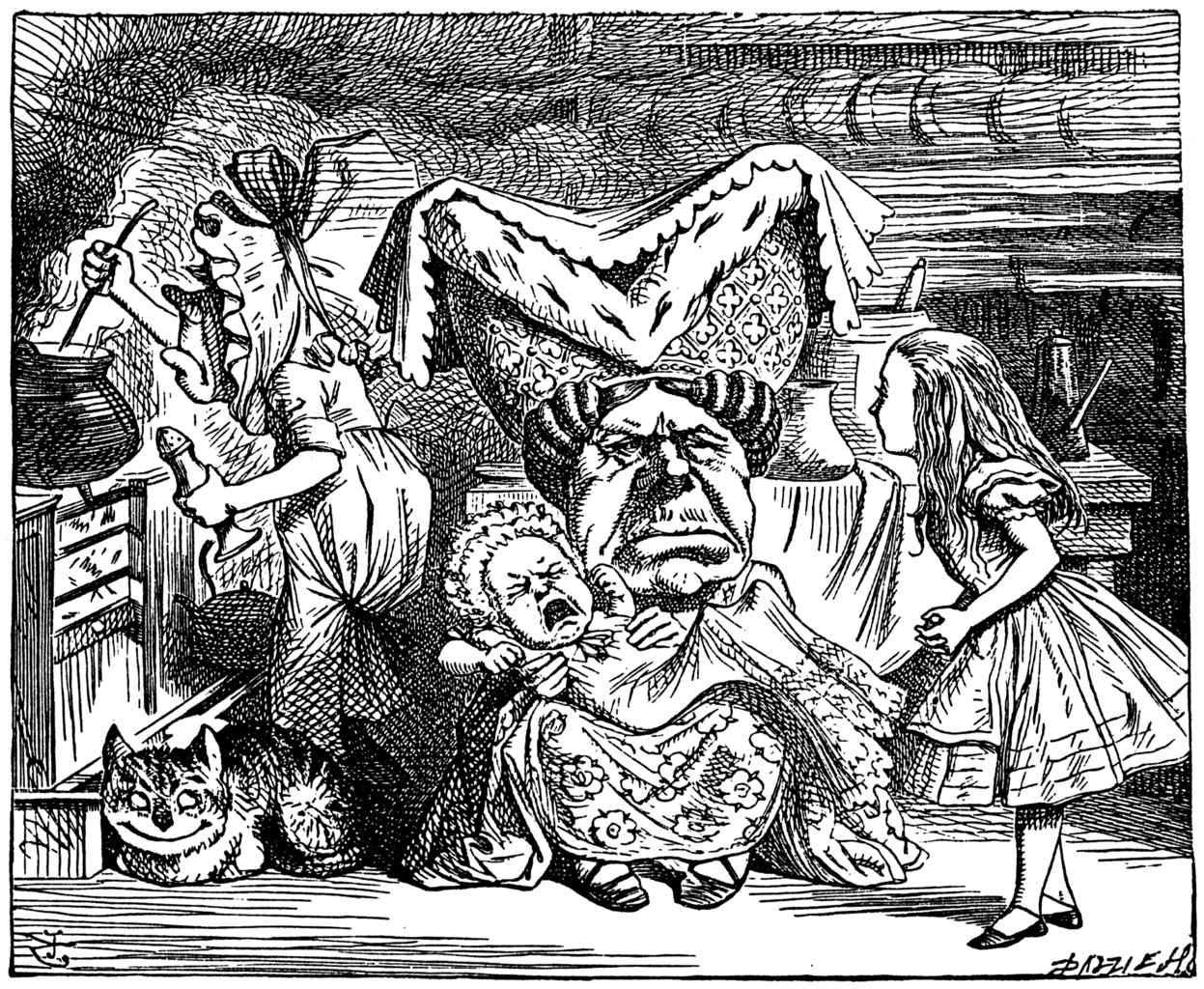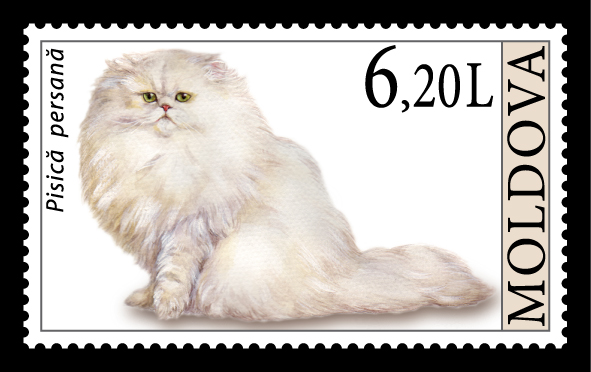
In September 1780 Erasmus Darwin and Anna Seward exchanged letters “in the name of their respective cats.” Darwin’s Persian cat Snow wrote to Miss Po Felina at the Bishop’s Palace:
Dear Miss Pussey,
As I sat, the other day, basking myself in the Dean’s Walk, I saw you in your stately palace, washing your beautiful round face, and elegantly brinded ears, with your velvet paws, and whisking about, with graceful sinuosity, your meandering tail. That treacherous hedgehog, Cupid, concealed himself behind your tabby beauties, and darting one of his too well-aimed quills, pierced, O cruel imp! my fluttering heart.
Ever since that fatal hour have I watched, day and night, in my balcony, hoping that the stillness of the starlight evenings might induce you to take the air on the leads of the palace. Many serenades have I sung under your windows; and, when you failed to appear, with the sound of my voice made the vicarage re-echo through all its winding lanes and dirty alleys. All heard me but my cruel Fair-one; she, wrapped in fur, sat purring with contented insensibility, or slept with untroubled dreams. …
Permit me this afternoon, to lay at your divine feet the head of an enormous Norway rat, which has even now stained my paws with its gore.
He received this response:
I am but too sensible of the charms of Mr. Snow; but while I admire the spotless whiteness of his ermine, and the tyger-strength of his commanding form, I sigh in secret, that he, who sucked the milk of benevolence and philosophy, should yet retain the extreme of that fierceness, too justly imputed to the Grimalkin race. Our hereditary violence is perhaps commendable when we exert it against the foes of our protestors, but deserves much blame when it annoys their friends. …
Marry you, Mr Snow, I am afraid I cannot; since, though the laws of our community might not oppose our connection, yet those of principle, of delicacy, of duty to my mistress, do very powerfully oppose it. …
The still too much admired Mr Snow will have the goodness to pardon the freedom of these expostulations, and excuse their imperfections. The morning, O Snow! had been devoted to this my correspondence with thee, but I was interrupted in that employment by the visit of two females of our Species, who fed my ill-starred passion by praising thy wit and endowments, exemplified by thy elegant letter, to which the delicacy of my sentiments obliges me to send so inauspicious a reply.
(From Seward’s Memoir of the Life of Dr. Darwin, 1804.)



